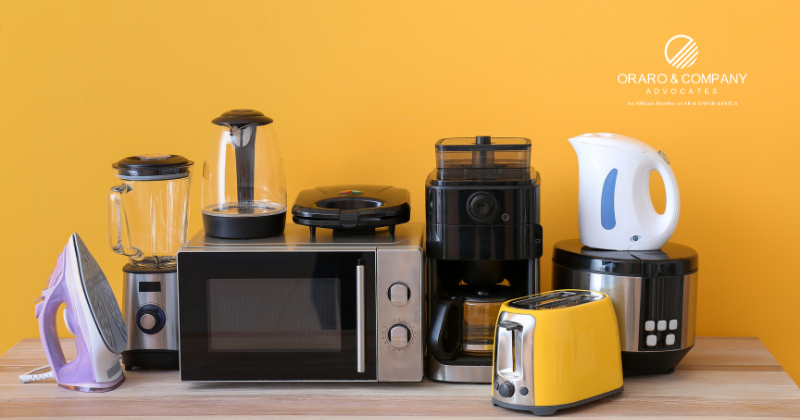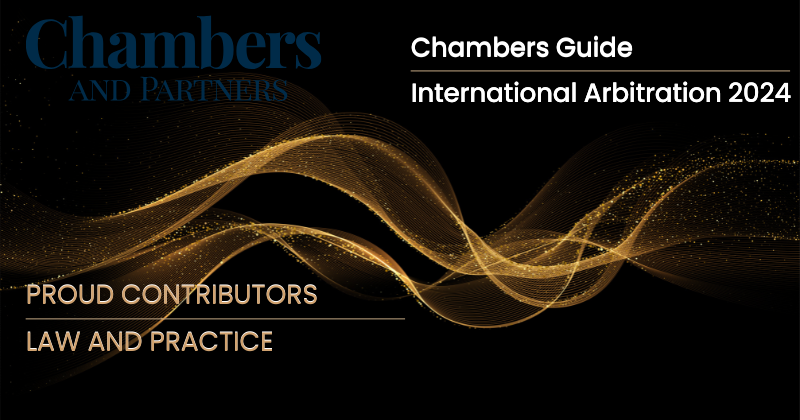Background
In a Judgment delivered on 24th February 2023, by Hon. Lady Justice A. Mshila, the High Court in ITA E152 of 2021 Hotpoint Appliances Ltd v The Commissioner of Customs & Border Control set aside the decision of the Tax Appeals Tribunal (“the Tribunal”) declaring that there was no provision in the East Africa Community Customs Management Act (“EACCMA”) that prevented the Kenya Revenue Authority (“KRA”) from recovering unpaid duties from the Appellant as an owner or importer of the good, as defined in section 2 of EACCMA. The Tribunal had held that notwithstanding the fact that by the time the short-levied duties were assessed and demanded, the Appellant had already sold the goods to Department of Defence (“DOD”) through the Defence Forces Canteen Organization (“DEFCO”) and that the goods in issue were for personal use and therefore not exempt from taxes. As such, according to the Tribunal, the tax demanded by KRA of Kshs. 24,675,098 was due and payable. The Tribunal’s decision gave rise to an Appeal before the High Court.
Submissions before the High Court
The Appellant’s case was that DEFCO is a trading organization contracted by DOD to provide services to its members. The Appellant was contracted to supply various electrical appliances to the DOD through DEFCO with DOD accepting ownership through a form known as Form C16. Pursuant to section 130 (1) of EACCMA, duty was chargeable on the owner who had possession or control or power to dispose of the goods in any capacity as specified under section 2 of EACCMA. It was also argued by the Appellant that the Tribunal should not have reframed the issue for determination to read whether DEFCO was exempt from tax and departing from the issue before it as pleaded.
The Respondent’s case was that no exemption was provided for in statute to DEFCO and in the absence of an express exemption in law, then none could be accorded to it. Whereas the personal identification number (PIN) for DOD was used to clear the imported goods, the Respondent contended that the same were for personal use and therefore ineligible for exemption on import duty and VAT. The Respondent argued that the exemption provided in EACCMA applied to the goods imported for official use by DOD.
The Decision
The Court cited the following provisions relating to tax exemption for goods imported by or on behalf of the Kenya Defence Forces (“KDF”) in making its determination;
· 1st Schedule, Section A, Paragraph 57 of the VAT Act (2013), which provides; “All goods including material supplies, equipment, machinery and motor vehicle, for official use by the Kenya Defence Forces and the National Police” ;
· Paragraph 2 of part A of the 5th Schedule of the EACCMA which provides; “all goods including material supplies, equipment, machinery and motor vehicles for the official use by the Kenya Defence Forces and National Police Service”;
· Second Schedule Section A Paragraph 11 of Excise Duty Act, 2015 as well as Fifth Schedule Part A Paragraph 2 of EACCMA read together with Part X Section 114;
“1) Duty shall not be charged on the goods listed in Part A of the Fifth Schedule to this Act, when imported, or purchased before clearance through the Customs, for use by the person named in that part in accordance with any condition attached thereto as set out in that part.”
“Partner States Armed Forces
All goods, including materials, supplies equipment, machinery and motor vehicle for the official use of Partner States Armed Forces.”
The Court observed that exemption is limited to goods meant for official use. When claiming an exemption, the same must clearly be shown to exist.
The High Court proceeded to consider and determine the question of whether the goods purchased by way of various Local Purchase Orders (LPOs) by DOD through DEFCO were exempt from tax. In determining this, the Court examined whether the goods were either for personal or official use.
The Court noted that the phrase “official use” lacks definition under both the VAT Act and EACCMA. It further considered the provision stating, “All goods including material supplies, equipment, machinery and motor vehicles, for official use by the Kenya Defence Forces and the National Police Service” and determined that it was unclear since there was no certainty as to what material supplies and equipment entail.
In the circumstances, such inadequacies in law were reasoned to create room for ambiguity in the event taxpayers are exposed to undesired pecuniary burdens that lead to deprivation of property as well as penal consequences. For this reason, the Court held that any ambiguity in tax law must be resolved in favour of the taxpayer as opposed to the responsible public revenue authority.
The Court faulted the Tribunal for failing to distinguish between “personal use” and “official use” in finding that the goods were for personal or household use by members of the armed forces. In the result that the provision regarding use as either personal or official was without clarity hence giving life to ambiguity, upon which the Court was inclined to decide the matter in favour of the Appellant.
We are pleased to announce that the successful Appellant, Hotpoint Appliances Limited, was represented at the Tax Appeals Tribunal and High Court by our Tax team comprising #ourveryown George Oraro SC, Founding Partner and Renee Omondi, Tax Partner.
Please click here to download the alert.
This alert is for informational purposes only and should not be taken to be or construed as a legal opinion. If you have any queries or need clarifications, please do not hesitate to contact George Oraro SC, Founding Partner,([email protected]), and Lilian Renee Omondi, Partner, ([email protected]) or your usual contact at our firm, for legal advice.





